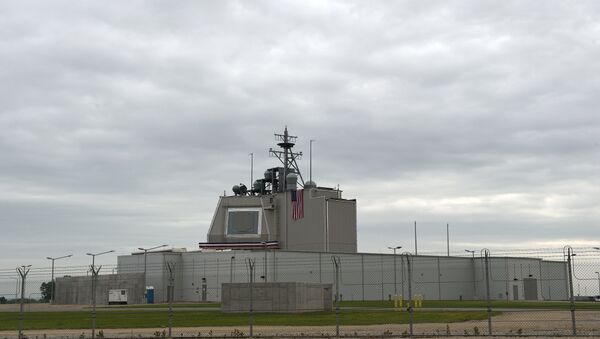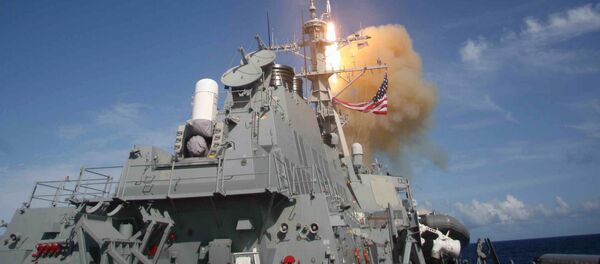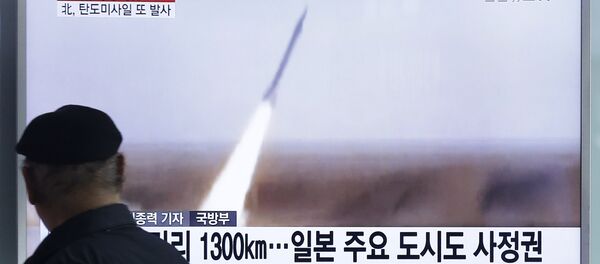For instance, China has severely protested the decision of the United States to place an advanced missile defense system in South Korea, with experts claiming that the move is likely to further increase tensions between Washington and Beijing.
"China strongly urges the United States and South Korea to stop the deployment process of the THAAD anti-missile system, not take any steps to complicate the regional situation and do nothing to harm China's strategic security interests," China's Foreign Ministry said early July, cited by Reuters.
Missile defense plans with South Korea also sparked indignation among North Korean leaders. On July 11, North Korea's military issued a warning that they would respond with a "physical counteraction" if the US and South Korea implement their plans.
The Russian government has also repeatedly expressed concerns over a US military build-up and pointed out that "such actions are considered as an attempt to undermine the existing parity in the nuclear field".
According to chief editor of the magazine National Defense Igor Korotchenko, US missile expansion is aimed at ensuring the dominance of the United States.
"The United States will actively develop the marine component of its missile defense system in the Baltics and Black Sea. Next they will create Asian and Arctic segments of the US missile defense […]" the expert said, cited by politrussia.com.
By the end of 2016, 209 SM-3 Block IB missile defense systems are expected to be deployed in Europe. Early warning system radars have already been placed in Japan, Turkey, Israel and the Marshall Islands.
Moreover, 35 missile defense ships will be deployed in European countries by the end of 2016, 43 — by 2019, the website wrote. And this is only a small part of US military activities in the area.
US officials have repeatedly stated that the expansion of the missile defense system is necessary to protect its allies from unpredictable states like Iran and North Korea and has nothing to do with Russia.
However, these statements are considered controversial by Chinese and Russian officials. Despite the fact that the negotiations with Iran proved successful and the potential nuclear threat arising from the country's nuclear activities was eliminated, it didn't prevent the US from its plans to continue its military expansion.




